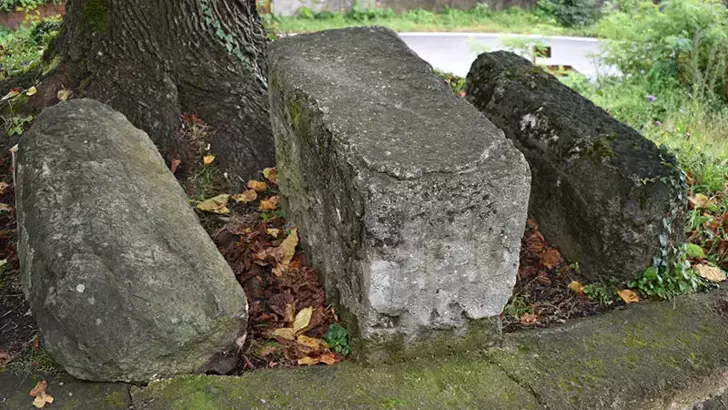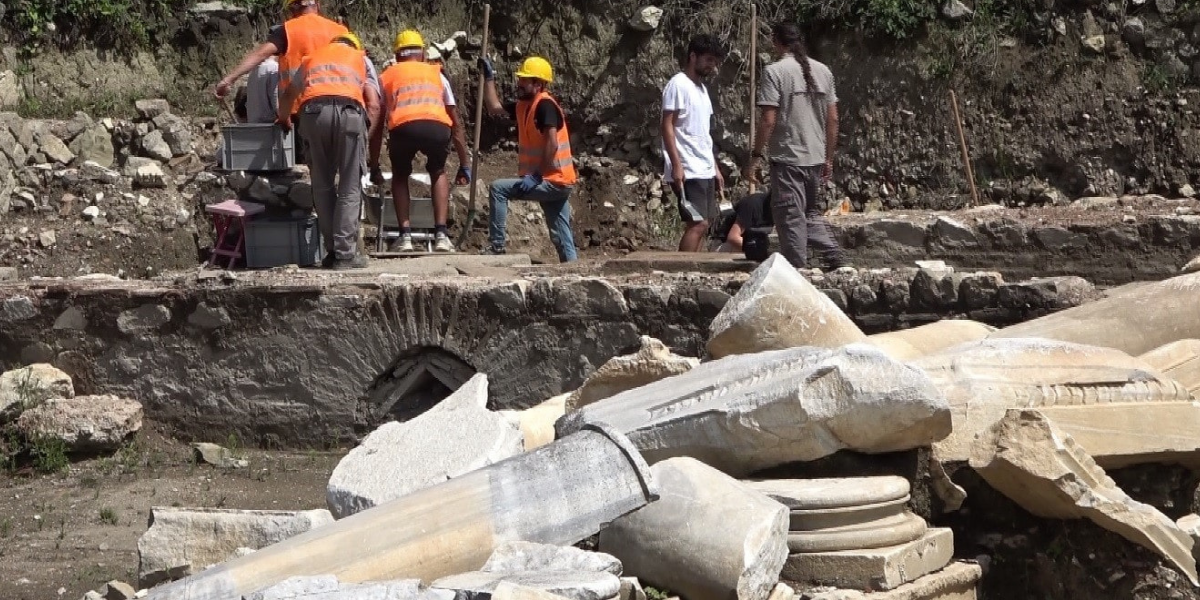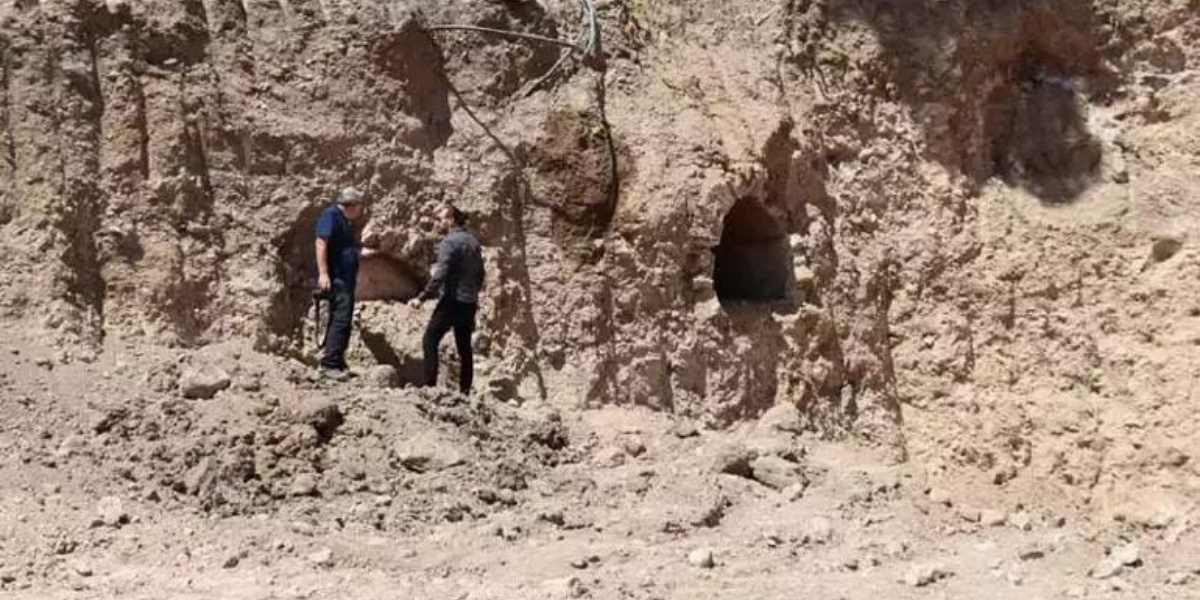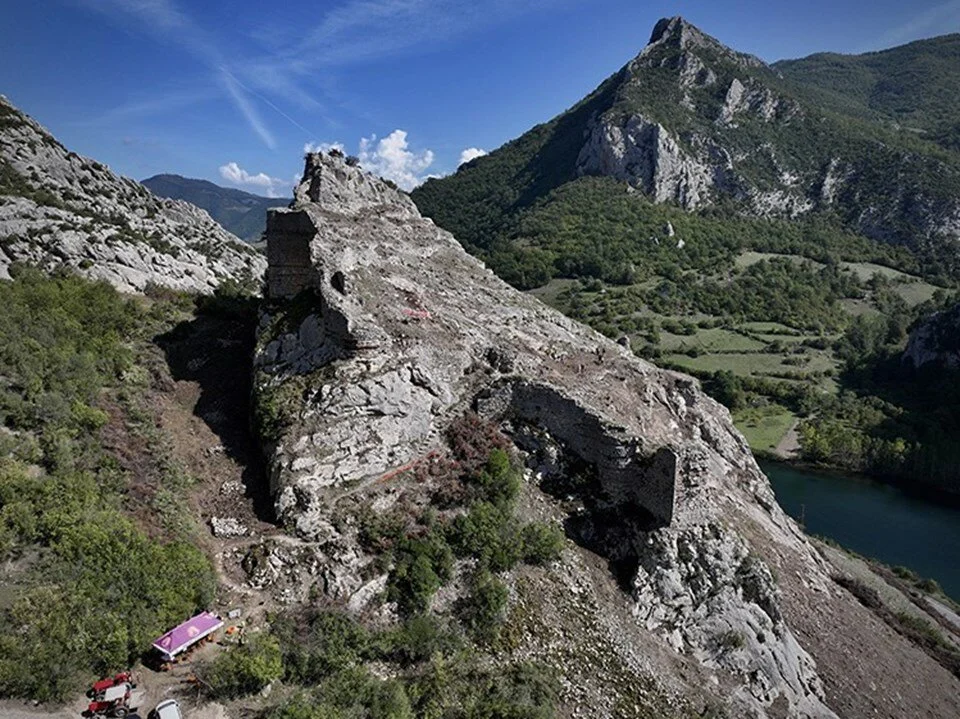
The excavations at Asarkale are expected to shed light on the history of the region from the Hellenistic period to the present
The archaeological excavations that have begun at Asarkale, located in Samsun province in Türkiye’s Eastern Black Sea region, are expected to shed light on the history of the area from the Hellenistic period to the present. Asarkale was built by King VI. Mithradates Eupator of Pontus. It is known as one of the 56 castles
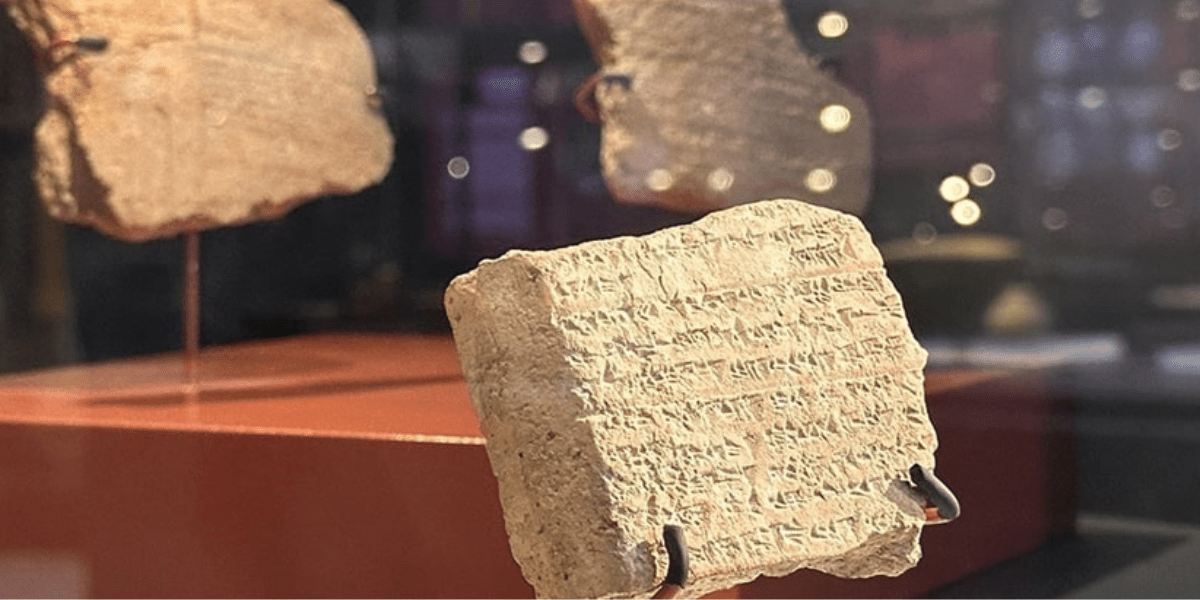
27 cuneiform tablets providing information about the sacred Hittite city of Nerik have been discovered at Oymaağaç Mound
27 cuneiform tablets providing information about Nerik, the sacred city dedicated to the Hittites’ chief god Tešup, have been discovered at Oymaağaç Mound. Oymaağaç Mound is located in the Vezirköprü district of Samsun today. Assoc. Prof. Dr. Mehmet Ali Yılmaz, a faculty member in the Department of Archaeology at Ondokuz Mayıs University and the Deputy
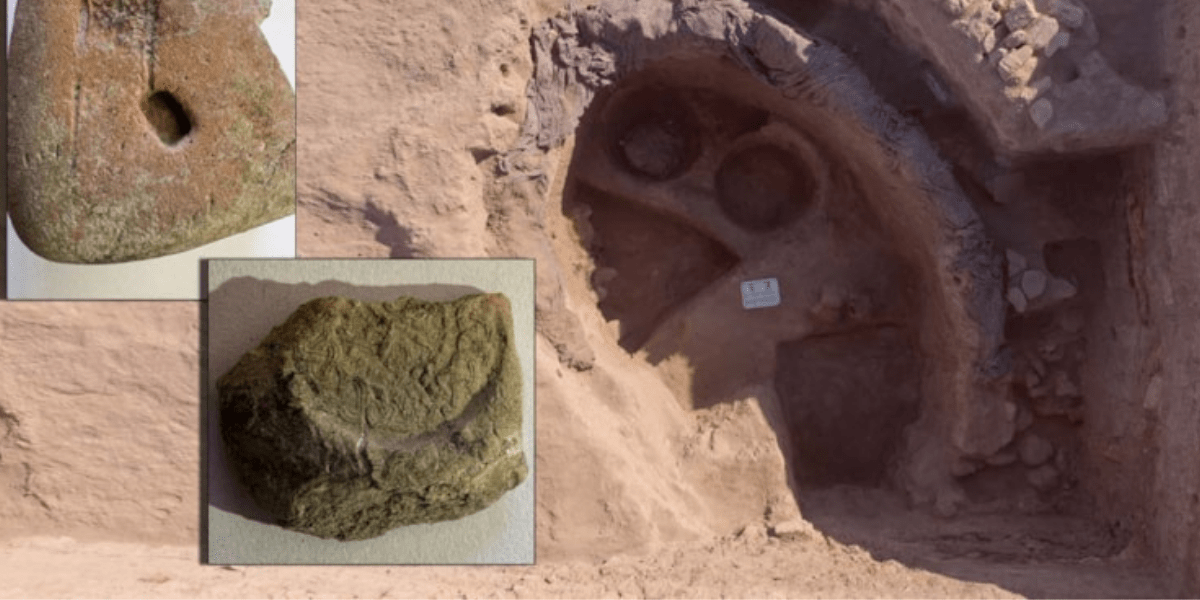
A double-headed eagle seal was found during the Üçhöyük excavation, which is being conducted to locate the lost city of Purušhanda
In the Üçhöyük excavation ongoing in Bolvadin district of Afyonkarahisar, with the participation of Japanese scientists, two different seal impressions were found, including a grain silo and one featuring a double-headed eagle, in the search for the lost city of Purušhanda. The Üçhöyük excavations are being conducted under the scientific consultancy of Prof. Dr. Özdemir

Excavations continue in Oluz Höyük, where life ended with the Battle of Zela, where Julius Caesar uttered the words “Veni Vidi Vici”
Excavations continue in Oluz Höyük, where life ended with the Battle of Zela, where the famous Roman dictator Julius Caesar uttered the words “Veni Vidi Vici” Oluz Höyük is located in the Göynücek district of Amasya, in the northeastern Anatolia region of Türkiye. The mound covers an area of approximately 45 acres. More than 2
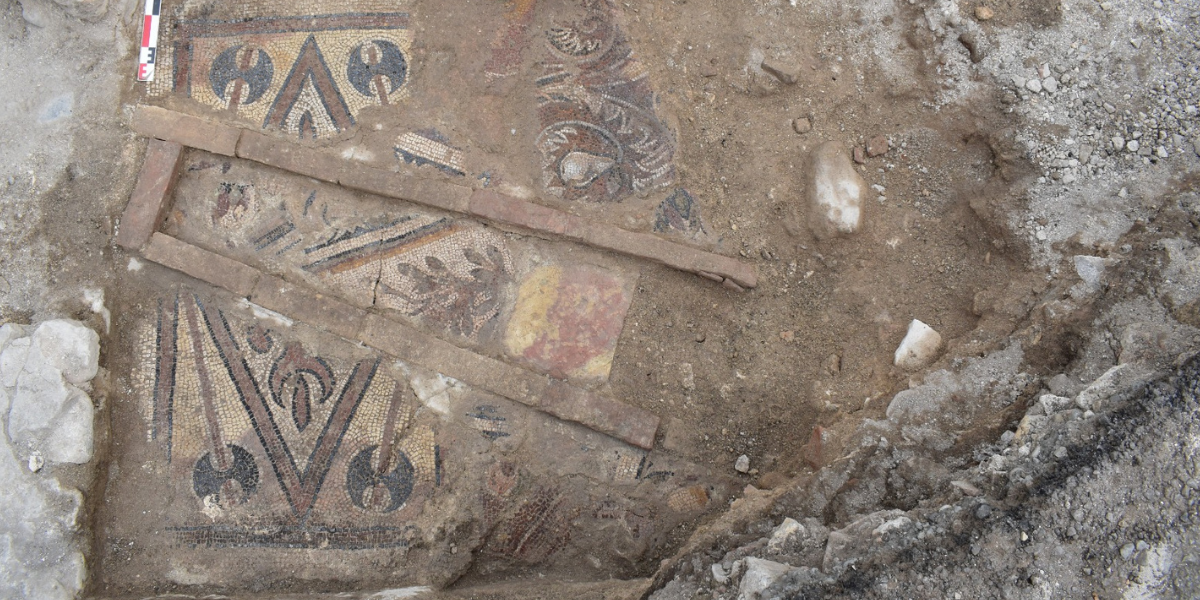
First in-situ floor mosaic unearthed in a monastery in Ordu province
An in-situ floor mosaic was unearthed at the Monastery of Saints Constantine and Helana in Ordu province in the Eastern Black Sea Region. The artifact is the first in-situ floor mosaic unearthed in Ordu province. The floor mosaic was unearthed during the excavations carried out under the leadership of the Ordu Museum Directorate. The excavations

1700-year-old mosaic’s medallion with Greek inscription symbolises a Roman military unit
In Amasya, in the north-east of Anatolia, it has been revealed that the Greek phrases ‘APEM’ and ‘BO?H’ in the medallion with a god figure in the centre of a 1700-year-old mosaic found in a school garden 11 years ago symbolise a Roman military unit. The mosaic discovered during the rescue excavation was formed by
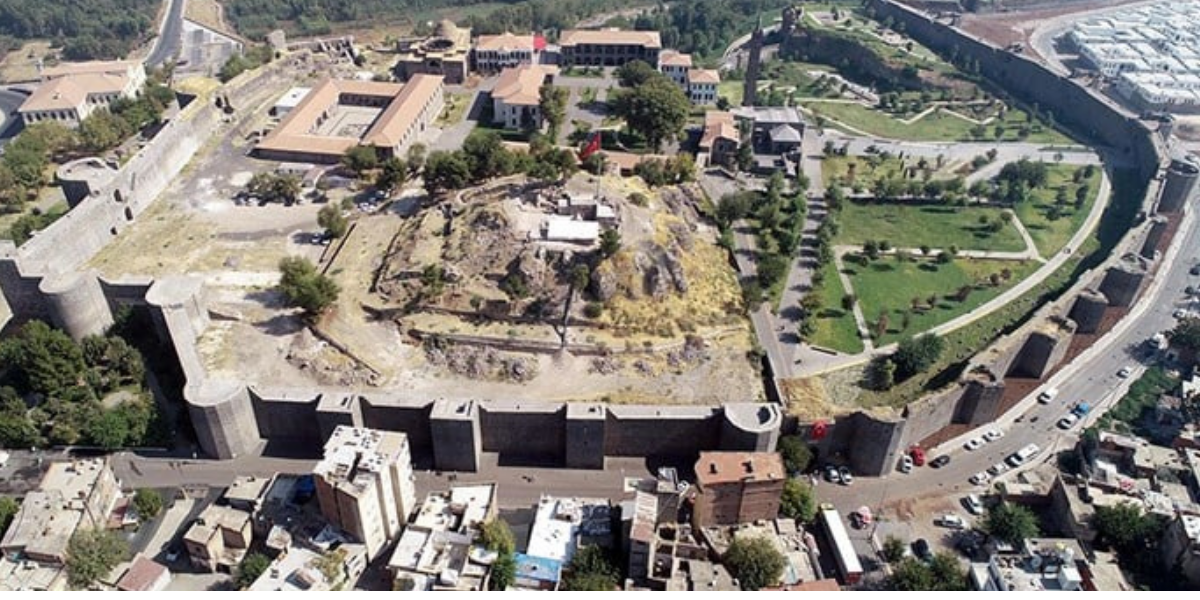
9,000-year-old Amida mound burned 3 times in history
It was confirmed by the analysis that the Amida mound, which has been a continuous settlement center for about 9,000 years, was burned 3 times in history. Amida mound is located northwest of the Sahaba Tombs at the Palace Gate (İçkale) in the central Sur district of Diyarbakır. Excavations at Amida mound, which has been

